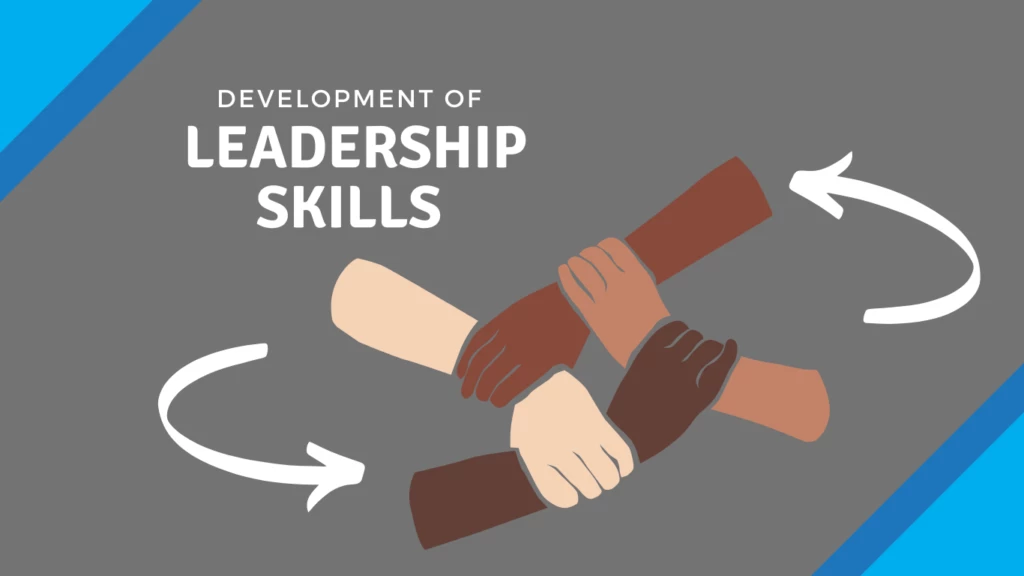
What Is Leadership?
Leadership in business is the capacity of a company's management to establish and attain challenging objectives, take rapid and decisive action when required, outperform the competition, and inspire others to perform at the uttermost level they can.
It can be difficult to place a value on leadership or other qualitative aspects of a company, versus quantitative metrics that are commonly monitored and much simpler to compare between companies. Leadership can also speak to a more holistic approach, as in the tone a company's management sets or the ethos of the company that management establishes.
Individuals with strong leadership skills in the business world often advance to executive positions such as CEO (chief executive officer), COO (chief operating officer), CFO (chief financial officer), president, and chair.
Understanding Leadership
Leadership provides direction for a company and its personnel. Employees need to know the direction in which the company is bound and who to follow to reach the destination. Leadership involves demonstrating workers how to effectively perform their responsibilities and routinely supervising the completion of their tasks.
Leadership is also about establishing a positive example for staff to follow, by being enthusiastic about the work, being motivated to learn new things, and helping out as required in both individual and team activities.
The Components of Effective Leadership

Effective leadership includes exhibiting a strong character. Leaders exhibit honesty, integrity, trustworthiness, and ethics. Leaders act in accordance with how they communicate and acquire the right to be responsible for others’ success in the company.
Strong leadership involves straightforward communication abilities. Leaders speak with and listen to staff members, respond to inquiries and concerns, and are empathetic. Leaders use effective communication skills for propelling the company forward and attaining new levels of success.
True leadership sees where the company is headed and plans the measures required to get there. Visualizing what is possible, monitoring trends in the industry, and taking risks to develop the business are all required of executives.
Productive leadership demonstrates optimism and provides positive energy for staff. Good leaders are supportive and are sincerely concerned about the well-being of others. Leaders discover answers to challenges and reassure and inspire workers when things go astray. Leaders discover methods for staff to work together and accomplish maximum results in an efficient and effective manner.
Read Also: Small Business Grants for Women
An Example of Leadership
Jack Welch exhibited leadership as chief executive officer (CEO) of General Electric Co. from 1981 to 2001. He played an integral role in 600 acquisitions in emergent markets and increased GE’s market value from $12 billion to $505 billion at the time of his retirement. Because the world is continually evolving, Welch insisted everyone at GE embrace change. To continue evolving company operations and producing greater output, managers, and employees had to perpetually reinvent themselves and their work.
Welch recruited administrators who shared his vision of GE, had inexhaustible quantities of vitality, and was able to encourage employees to remain engaged in their work. He sought administrators who created, developed, and refined ideas for the future and discovered methods to make them a reality. He also insisted that administrators labor side-by-side with employees as a means of comprehending what they were doing and why.

As a consequence of Welch’s leadership style, managers and employees were more empowered, products obtained higher quality, and customer satisfaction and profits increased dramatically.
What Are Some Qualities of an Effective Leader?
There are several qualities that a successful leader should have. Among these include the ability to motivate individuals, a propensity to listen, being trustworthy, having competence, decisiveness, excellent communication skills, and selflessly perceiving the aims of the team or organization.
What Are Some Negative Traits in a Leader?
Not all leaders are effective, and even outstanding leaders can have their defects. Some negative qualities commonly found in leaders include arrogance, haste to indignation, impatience, disregard, inconsistency, micro-managing, and inadequacy.
What Are Some Different Leadership Styles?
The styles of leadership can be envisaged as existing on a grid with the dimensions representing the desire for production and the concern for employees. There are numerous methods to be an effective leader. One is to lead by example, demonstrating others how to proceed and instructing them. Another is to delegate tasks to others based on their talents and experience. A third is to direct others from a position of authority. Finally, an effective leader can be supportive and assist team members achieve their objectives.







